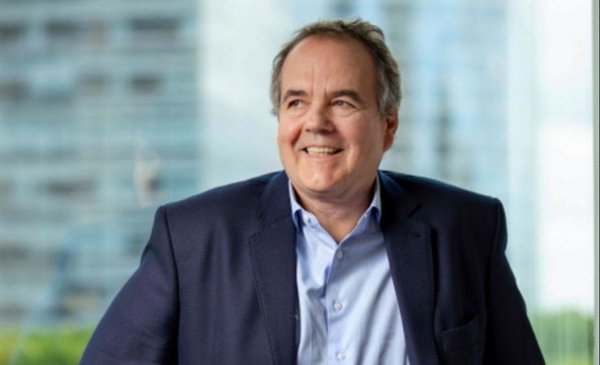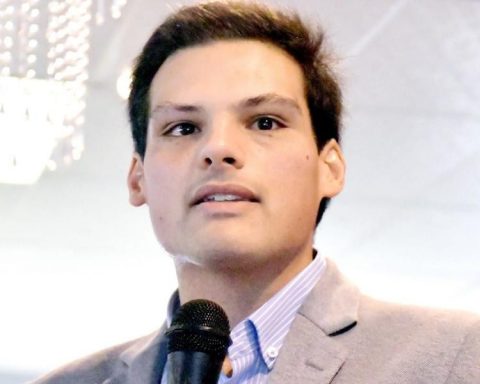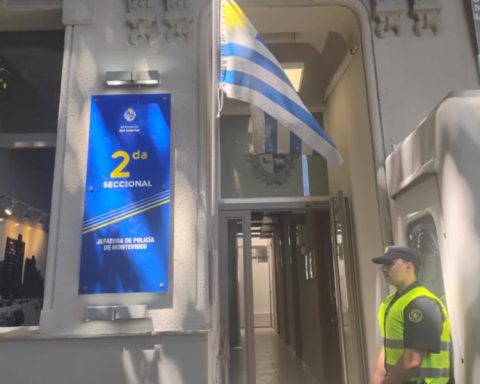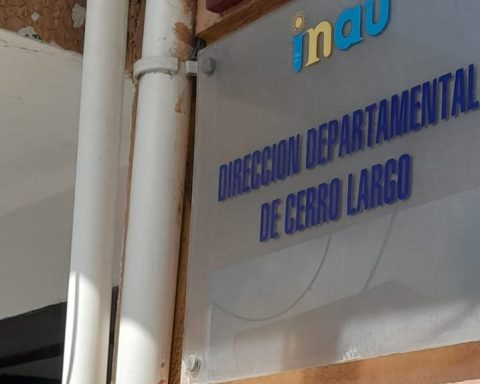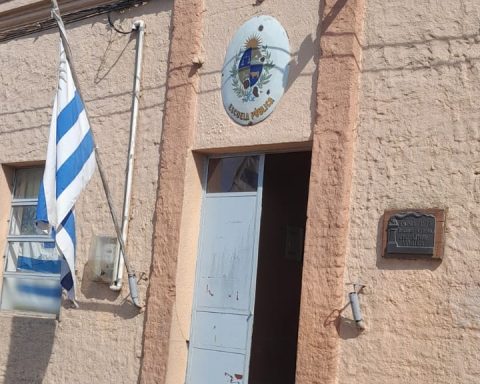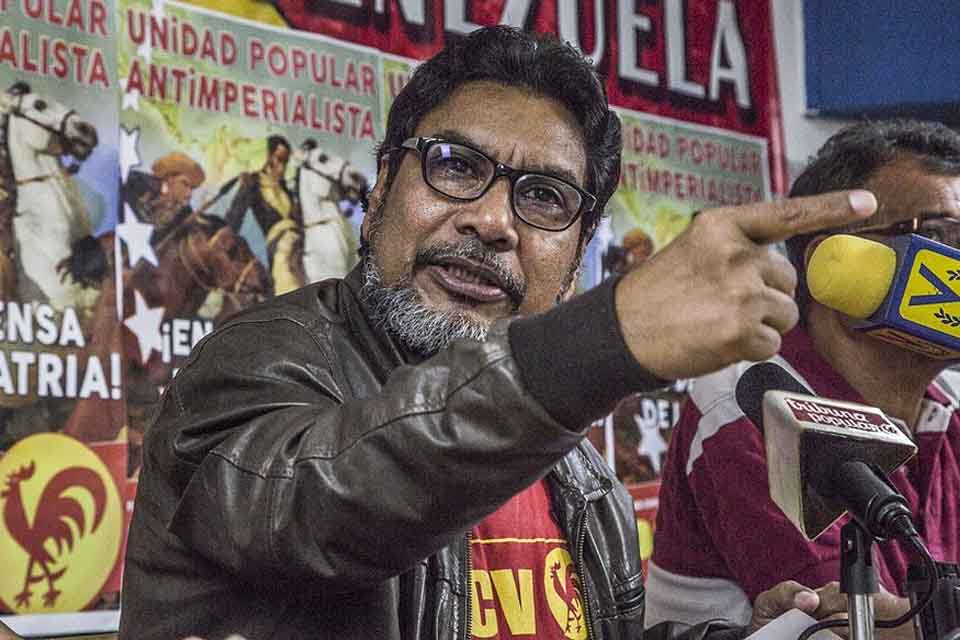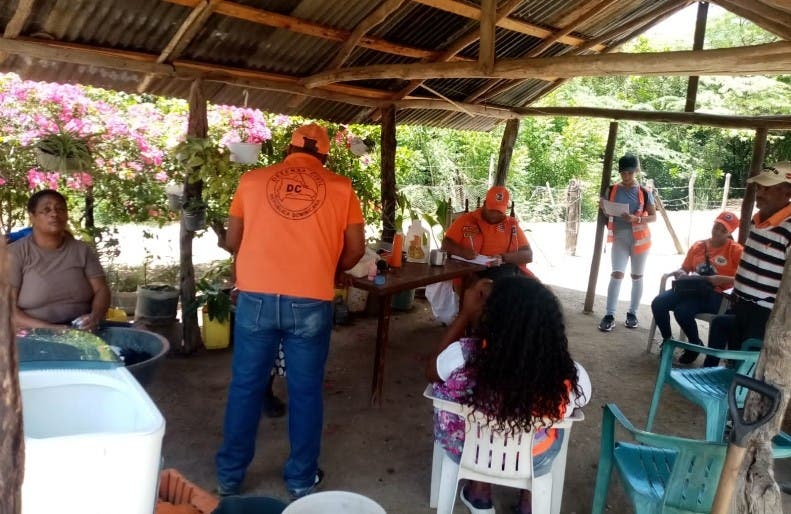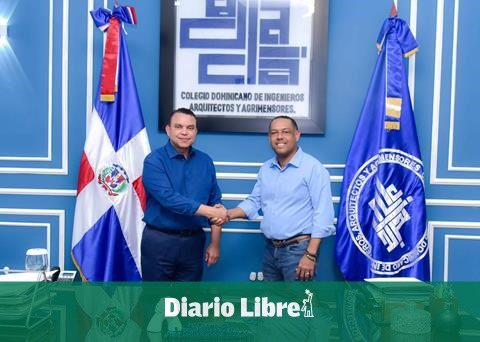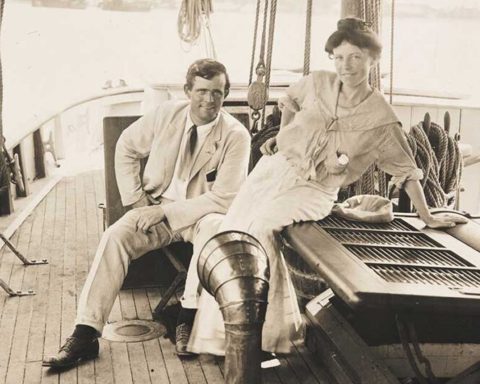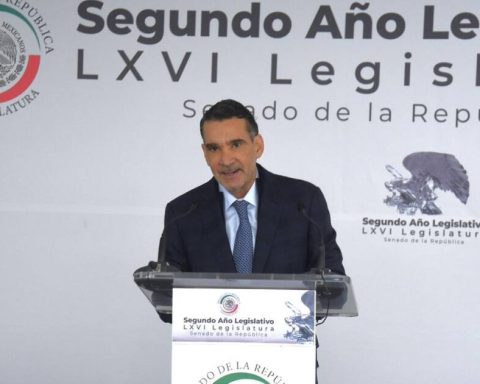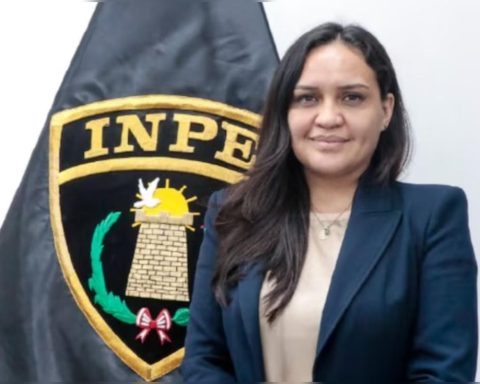InCapital is a private investment company with an innovative and entrepreneurial profile. Its founder and director, Martín Guerra, describes himself as an entrepreneur and his career is evidence of this. He founded the consumer credit company Pronto! and led Scotiabank in Uruguay. Later, at the helm of InCapital, he joined large companies such as Farmashop, Si Si and Pagnifique with the aim of promoting them and went a step further by plunging into the world of fintech creating Handy and Paigo.
Guerra will be one of the speakers to be presented at the Technology and New Business Summit of El Observador Events that will be held on September 7. The meeting is supported by Zonamerica Y Latin SecuritiesQuantik, Phoenician, Andersen and Sunpartners.
In this framework, Guerra will refer to the challenges faced by Uruguayan investors when it comes to scaling companies with a global perspective. In the preview, Café & Negocios spoke with the businessman, then a fragment of that exchange.
When did you first start?
I have entrepreneurial DNA, so if I look back I see that I started as a child. The formally most relevant thing that I built when I was very young was the company BGV Servicios Financieros. With two partners we built this brokerage company that had a very good portfolio of Argentine clients and later also Uruguayans. Over the years it ended up being sold to Puente Hermanos.
Today, how is the InCapital portfolio composed?
InCapital is a Family Office that manages the assets of the partners and has two lines of investment. One is to co-invest as a minority in mature companies, mainly in Uruguay, with private equity funds with great regional and global experience. In that sense, we have some investments like Pagnifique, Si Si and Farmashop.
Then we have another way of investing, which is when we found companies and there we have three: a laboratory called Rinque Pharma and two fintechs, Paigo and Handy. In the past, we have had many purchases of companies in Uruguay, so at this time the active portfolio is made up of these companies.
What characteristics does InCapital have to see to take part in a business?
With private equity funds we analyze all the opportunities to which they invite us, which luckily are many. We don’t have a bias.
On the other hand, although we co-founded a laboratory, our bias is our mother industry, which is banking, finance and means of payment; that is where we have our core expertise, where we feel most comfortable and where we also spend most of our free time.
What investments do you have planned ahead?
We are always analyzing opportunities in the fintech world and we have two or three under analysis, but also a lot of emphasis on growing these companies.
We are partners of Banco Itaú and we have a regional development plan and that keeps us very active with that objective and obviously analyzing all kinds of non-organic growth opportunities with potential players in this industry.
How do you see the business ecosystem in Uruguay? Much is said about legal stability, about clear rules, but there must also be challenges…
Uruguay is a country that is micro-regulated. It has a very high level of regulation, there is always a strong bias of the Uruguayan legislator and agents to regulate and that makes it difficult to undertake. Deregulation is a must that Uruguay has. It is a very structural problem. Although the country has a very good business climate, there is a strong opportunity for improvement. The institutional, legal and social strengths point more to a macro vision of Uruguay. When the most micro part is analyzed, it is discovered that there is a very strong level of regulation that makes life difficult for the entrepreneur and the businessperson. It is a huge opportunity for improvement, but it is always a must. The government does not matter, it is not a political problem, it seems to me that it is a more structural problem that has to do with a society that is quite adverse to change.
Does InCapital intend to develop beyond borders?
One of the things that this new partner that we have – Banco Itaú – asks of us is that we export our model with their support to other Latin American countries.
What will this expansion plan be like?
We started in Argentina and Peru, where we have been operating for two years and six months, respectively. We are also looking at going to Paraguay and Mexico.
“What do investors need to scale companies from Uruguay?” It is the trigger of the panel that will integrate in The Events Observer. What message would you like to leave about it?
In many ventures, the idea of starting to develop in Uruguay is seen to prove that the company is successful, and then internationalize it. It seems to me that this is fine, but I think that we must start from the outset thinking that our market is larger.
Try to expand the market and use Uruguay as a very strong foundation, even more so now that we already have very renowned success stories. But I think it is key to think about internationalization from the start. At the same time, not necessarily because it was successful in Uruguay, it will be successful elsewhere.
The whole internationalization issue is super difficult, so I think it’s better to deal with the entry problem than to leave it for a second instance. I think we have to increase our level of self-esteem and confidence, and dream of bigger projects.
